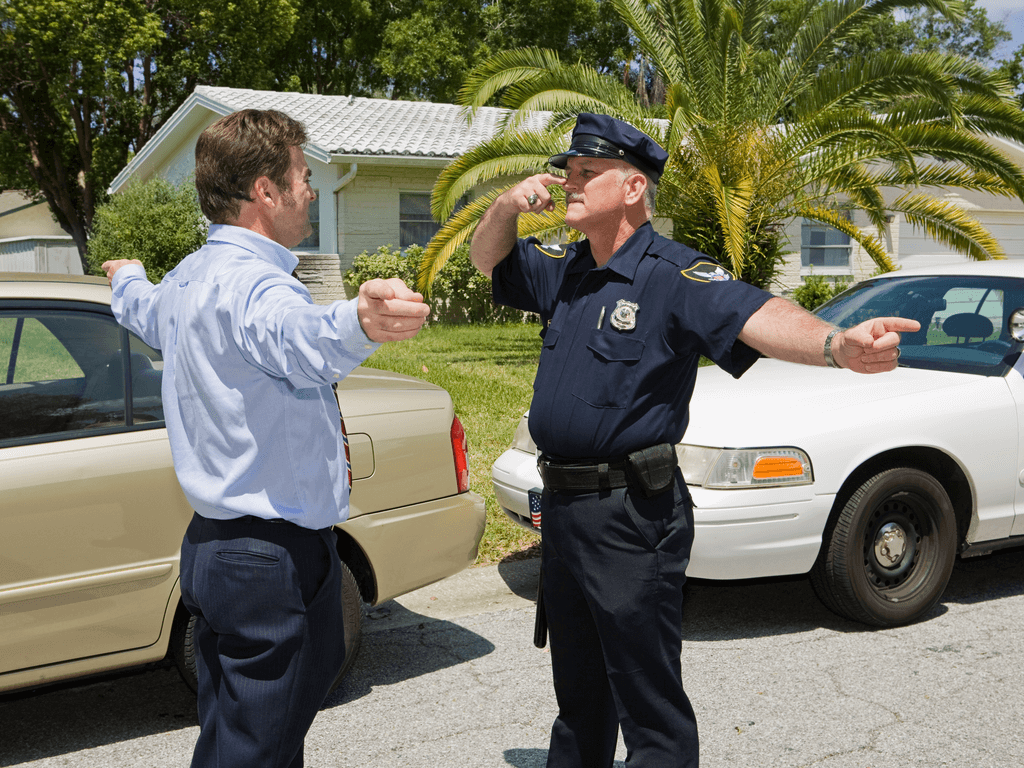Police officers rely on various forms of testing to determine whether or not they need to charge someone with drunk driving. The three tests an officer performs to determine if a driver is impaired are called field sobriety tests (FSTs). Field sobriety tests are used to judge a driver’s mental and physical ability to operate a vehicle, along with their balance and coordination. You can’t technically pass or fail one of these tests, but the officer administering them is trained to pick up on certain “cues” that can be signs of impairment.
If you’ve taken a field sobriety test and have been charged with a DUI, you may have many questions about these tests and concerns for your future. An experienced Scranton DUI defense attorney can help you challenge a field sobriety test.
Types of Field Sobriety Tests
A field sobriety test consists of three different tests, according to the National Highway Traffic Safety Administration. These tests are considered to be the standardized field sobriety tests and include the following.
The Horizontal Gaze Nystagmus Test
Horizontal gaze nystagmus occurs when the eyes involuntarily jerk when an individual looks to the side, which can worsen under the influence of alcohol. An officer may perform this test by requiring the driver to follow an object, such as a flashlight, as they move it horizontally.
The Walk-and-Turn Test
A walk-and-turn test requires the driver to take nine steps heel-to-toe along a straight path, turn around on one foot, and take nine steps heel-to-toe back. Cues from this test can include failing to walk heel-to-toe and losing one’s balance.
The One-Leg Stand Test
A one-leg stand test requires the driver to stand on one foot with the other foot raised approximately six inches off of the ground and with their hands down at their sides while counting out loud by the thousands. Cues from this test can include losing one’s balance, swaying, and hopping.
Non-Standardized Field Sobriety Tests
In addition to these three standardized FSTs, a police officer may also use non-standardized field sobriety tests, which may include reciting the alphabet, counting backward, the Rhomberg balance test, and the finger to nose test. As these tests are not standard, they don’t hold the same weight that standardized FSTs do.
Are Field Sobriety Tests Accurate?
Field sobriety tests are extremely common when police officers pull over drivers they suspect are under the influence of driving, so you would expect them to be accurate and reliable. However, after learning about the different types of FSTs, you might be questioning how reliable they actually are.
Field sobriety tests are used to create probable cause to make an arrest for drunk driving. Someone could be completely sober and struggle with performing these tests. Age, medical conditions, injuries, and weight can all impact a person’s ability to do these tests correctly. A driver may also feel anxious from being pulled over and standing on the side of the road, likely at night. This can cause distractions that make these tests difficult for drivers whose BAC is under the legal limit. An officer incorrectly administering FSTs or having biases towards the driver can also make the test inaccurate.
Can You Refuse a Field Sobriety Test?
Some drivers may be unaware that they have the legal right to refuse to participate in a field sobriety test. While you have the right to refuse to take an FST, police officers are not required to alert you of this right. An officer may still make an arrest if a driver refuses to submit to a field sobriety test if they have other probable cause. It’s also important for drivers to know that while field sobriety tests are voluntary, chemical testing is not, and drivers can face penalties for refusing chemical testing.
Hire a DUI Defense Attorney Who Will Fight for You
If you’re charged with a DUI, it’s essential that you have a Scranton DUI defense attorney who is prepared to take on your case. A DUI charge doesn’t mean your future is ruined. Attorney Craig Kalinoski can help you receive the best possible outcome.
Schedule a free consultation today to see how Kalinoski Law Offices can help protect you.
